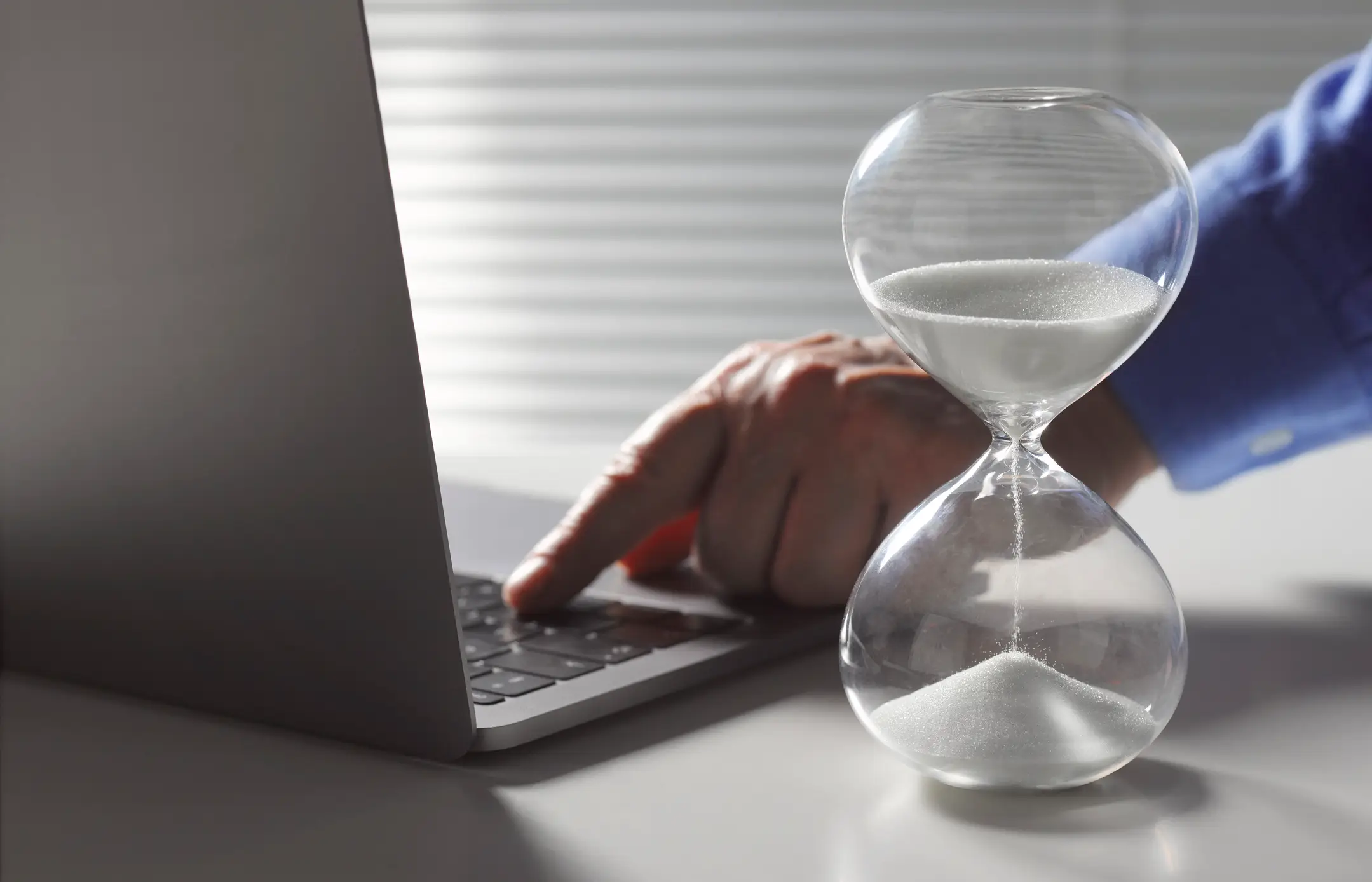
A psychologist has warned that precrastination behaviours can be just as damaging as procrastination for you.
Chances are we're all well aware (and often guilty) of procrastination. Do you ever find yourself putting off a task until the very last minute and finding yourself completely overwhelmed by stress as you rush to get it finished in time? Don't worry, we've all been there.
However, it turns out there's a very different but equally dangerous thing called precrastination that we're less aware of.
What is precrastination?
If you haven't been able to guess from the name, a precrastinator is someone who rushes to complete a task as soon as possible so they no longer have to think about it.
Advert
Sounds ideal, right?
What makes precrastination bad?
Well, it turns out that precrastination can be just as damaging as procrastination as simply rushing to complete something so you no longer have to think about it can have a negative impact on the quality of work.
Precrastination is also perceived as a reaction to procrastination, with the goal being to avoid the stress and inevitable burnout of having to work last minute or not being able to finish in time.
Christopher Gehrig, a psychology professor at Helmut Schmidt University, recently explained to The Guardian that procrastinators and precrastinators should be seen as 'two extremes' when it comes to working.

"People may precrastinate out of the fear of not being able to finish something on time,” Gehrig said, which means that 'stress or burnout might accompany it in some cases'.
Where does the term come from?
While procrastination has been a long established concept, precrastination came about as a result of a 2014 study by the University of California.
The study asked participants to pick up one of two buckets and carry it to the finish line, with one bucket being significantly closer to the individual than the other.
After noting that participants chose to carry the bucket closet to them (despite it being further away from the finish line) David Rosenbaum discovered this was because they simply wanted to get the task over and done with.
"Their desire to lighten their mental load was so strong that they were willing to expend quite a bit of extra physical effort to do so," Rosenbaum noted.
It is from here that studies around precrastination began.

How can you avoid precrastination?
Ultimately the goal is not to procrastinate or precrastinate but instead focus on developing healthy working habits that won't compromise the quality of the finished product.
Tips to avoid precrastination include slowing down the speed at which you work and allowing yourself to put off tasks that are not urgent or are low priority.
"A healthy balance between precrastination and procrastination may involve effectively planning and prioritising tasks without feeling too pressured to complete them immediately," Gehrig added.
Topics: Health